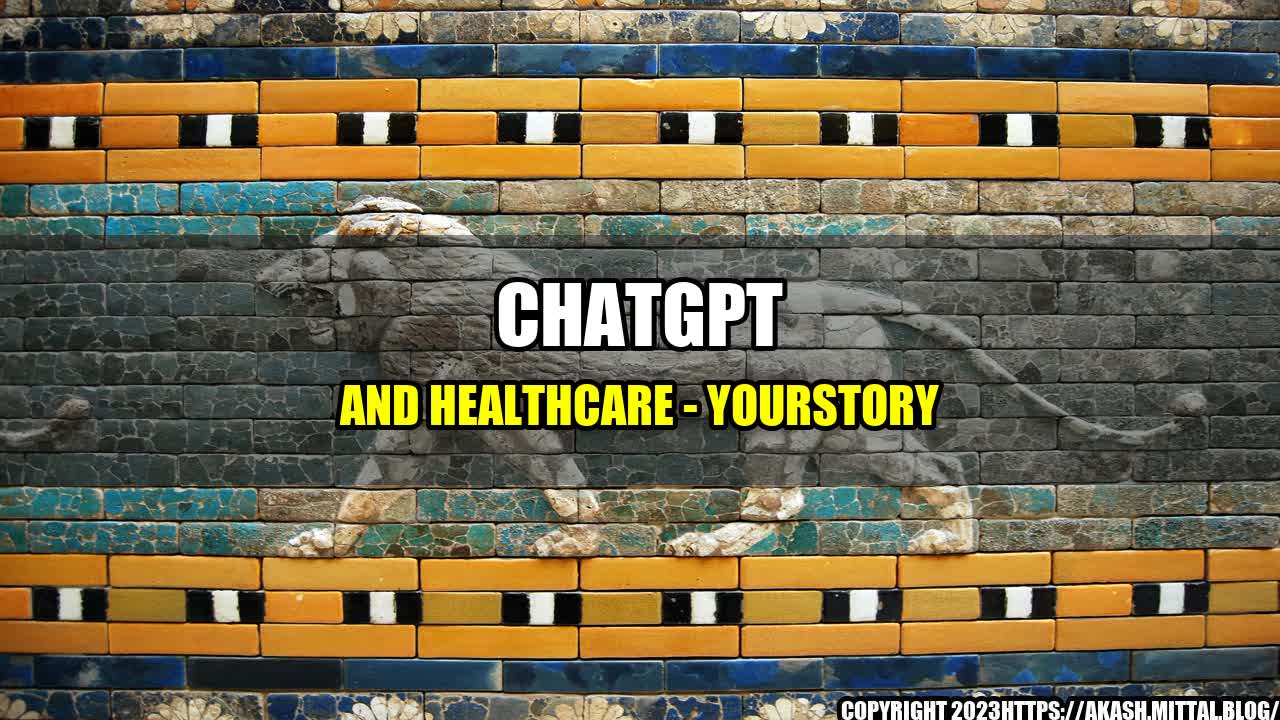
As technology advances, the healthcare industry is always looking for ways to improve patient experiences and outcomes, reduce costs, and enhance efficiency. ChatGPT is one of the solutions that can help healthcare providers achieve these goals. In this article, we'll explore what ChatGPT can do for the healthcare industry and how it can benefit patients and providers.
Julie, a forty-something woman, was feeling unwell and didn't know what was wrong. She went to the doctor's office and waited for an hour before finally being seen. The doctor listened to her symptoms and ordered some tests. Two days later, Julie received a call from the doctor's office, saying that the tests were inconclusive and that she needed to come back for more.
After several weeks and more tests, Julie was no closer to a diagnosis. She started to feel frustrated and disheartened, but then she discovered ChatGPT. Julie typed her symptoms into the chat box and within a few minutes, she received a response from a ChatGPT bot that helped her narrow down the possible diagnoses. She made an appointment with a specialist, armed with a list of questions and concerns, and was finally able to get a diagnosis and treatment plan.
ChatGPT can provide several benefits, including faster response times, reduced costs, and increased efficiency. Here are some quantifiable examples:
ChatGPT can benefit both healthcare providers and patients in several ways:
ChatGPT has been used successfully in several healthcare organizations. One case study shows how ChatGPT was used to improve medication adherence among patients with type 2 diabetes. Patients received personalized reminders and support through ChatGPT, which led to a 15% increase in adherence rates.
Another case study shows how ChatGPT helped to reduce the burden on healthcare staff at a busy hospital. ChatGPT was integrated with the hospital's electronic health record system, allowing patients to access their health information and ask questions without having to wait for staff to be available. This reduced waiting times and increased patient satisfaction levels.
If you're interested in using ChatGPT in your healthcare organization, here are some practical tips to consider:
In conclusion, ChatGPT can provide significant benefits to the healthcare industry by improving patient experiences, reducing costs, and increasing efficiency. Patients can receive faster access to healthcare, while healthcare providers can improve operational efficiency and reallocate resources to more pressing needs.
With proper training and monitoring, ChatGPT can be a powerful tool for healthcare providers looking to improve patient outcomes and reduce costs.
References:
Hashtags:
Article Category: Healthcare Technology
Curated by Team Akash.Mittal.Blog
Share on Twitter Share on LinkedIn